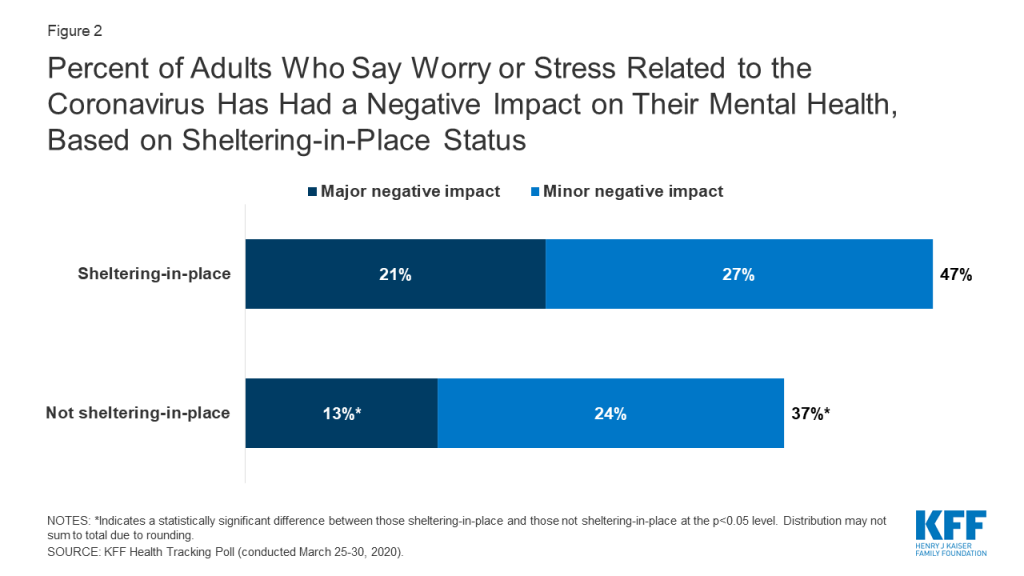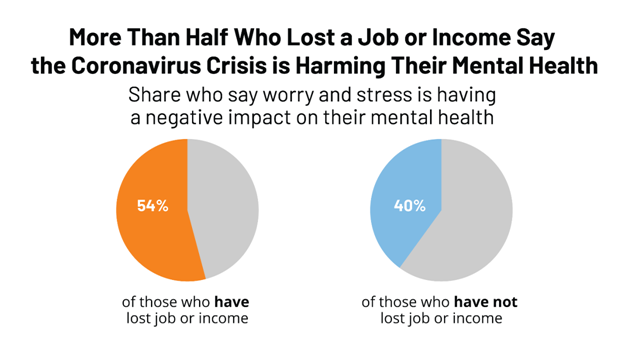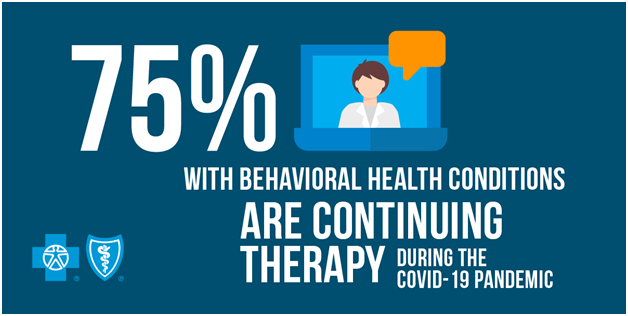Analyzing the Increase of Mental Health Problems During Uncertain Times
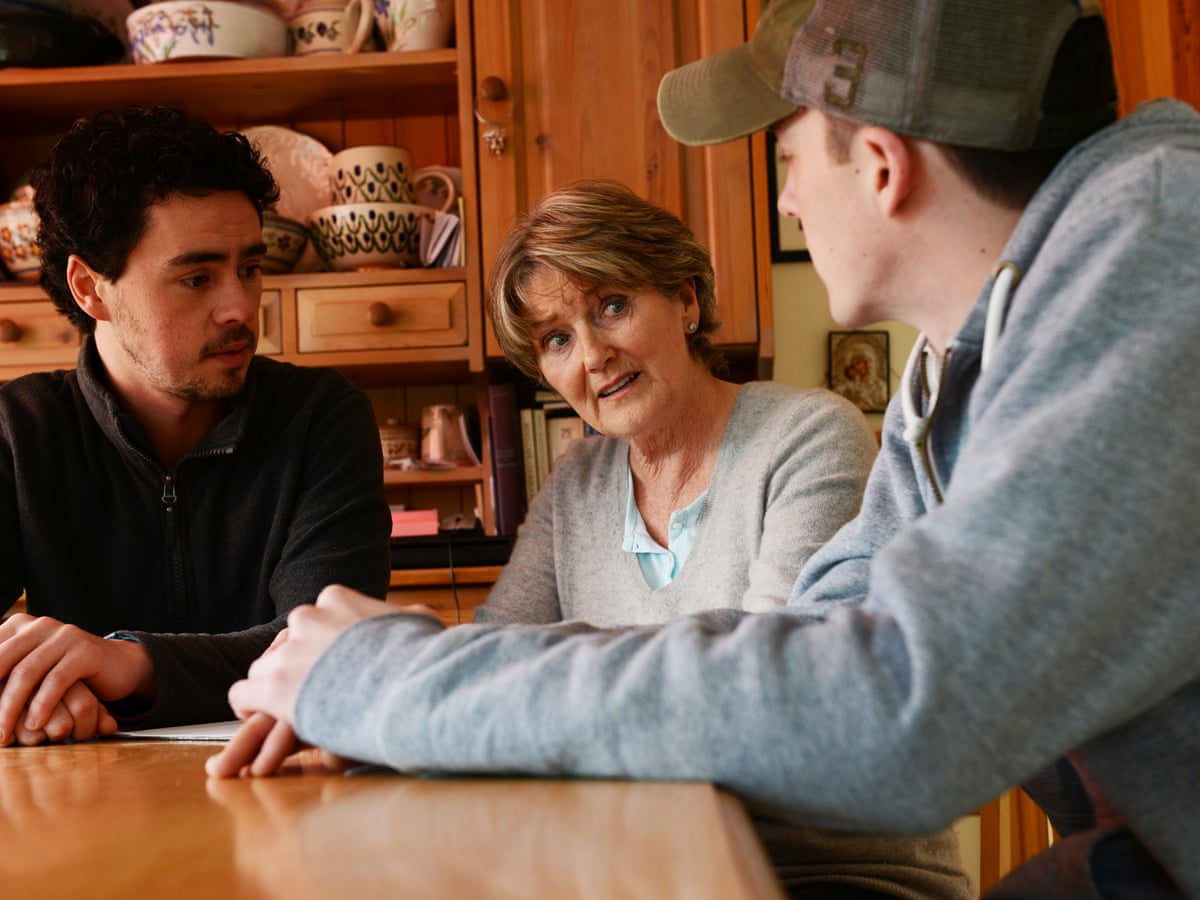
Human beings are creatures of habit, and for many of us, change can be a scary thing. Sudden life changes can inevitably cause added stress and anxiety in the best of us. My mother always told me, “when you’re faced with obstacles in life, worry about the things you can change and take action, but don’t worry about the things you can’t change. You just need to accept those changes and focus on the stuff you can actually do something about.” It’s good advice, and it may even sound basic, but it’s quite difficult for a lot of people to remember and follow when faced with major obstacles.
According to healthline, an estimated 40 million Americans suffer from anxiety disorders, and that number is on the rise since the COVID pandemic put most of the world on lockdown. After months of living in these uncertain times, we’re starting to feel the economic and psychological impacts of the major lifestyle shifts that we’ve been faced with, and many people are finding it difficult to cope.
Fortunately, there are various teletherapy options that are gaining popularity in our newly social-distanced lives.Thanks to technology, it’s becoming easier than ever to find anxiety counseling online, as well as remote stress management therapy. Stress and anxiety counselors can help us cope with all of the struggles that we face on a daily basis.
Why the Rise in Stress and Anxiety?
One day, we’re going about our daily routines – work, gym, school, takeout food, socializing – and then, seemingly overnight, life as we know it comes to a screeching halt. The most mundane aspects of our lives become the main focus of our newfound daily routines in the battle of wits between man and virus. This aspect alone is enough to disrupt any normalcy of life and give most of the world’s population a lot of added stress and anxiety.
Now, consider facing life’s biggest obstacles – job loss, inability to travel, deaths of friends and family members – combined withthe inability to hug, kiss,and cuddle the people we care about and love. It’s no wonder that there’s been an increase in the number of mental health problems during these uncertain times. According to a study conducted by KFF, an estimated 13 to 21 percent of adults reported that “worry or stress related to the Coronavirus has had a negative impact on their mental health.”
Much of the worry and stress that people are experiencing these days stems from the economic hardships that the virus has caused. As most of the world went on lockdown, major economic shifts occurred that we’ll be feeling the ripple effect from for years to come. Even before the virus came along, money had been the number-one cause of stress among Americans. In fact, 44 percent of respondents in Northwestern Mutual’s 2018 Planning and Progress Study admitted that “money is more of a problem than either personal relationships or work.”
Many businesses and manufacturing plants around the world have had to close their doors, leaving thousands of employees suddenly unemployed. Even big businesses have had to lay off workers and cut the salaries of the employees they kept. Suddenly, the leading stressor in life has become even more stressful.
Now more than ever, we’re in dire need of anxiety and stress counselors. Enter: Teletherapy.
Benefits of Adapting Teletherapy
While social distancing is of course a major factor, there are many additional benefits to seeking out teletherapy services for remote stress management therapy and anxiety counseling online. One of the biggest of which is a personalized therapist-matching service, sort-of like Tinder for therapy. Other benefits include flexibility for busy lifestyles, on-demand availability, and remote monitoring of patient progress.
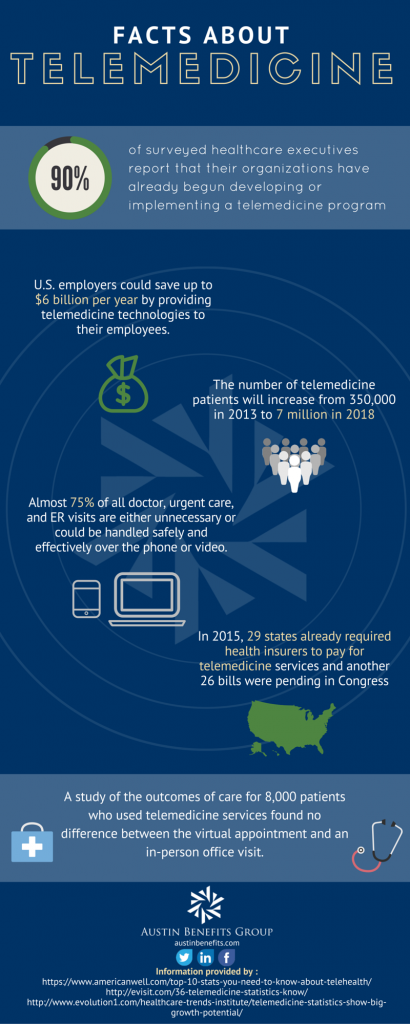
Lucky for us, when the COVID pandemic hit, we were just getting over the social stigma of mental illness and coming to terms with the fact that mental health is just as important as physical health. With the option to find stress and anxiety counselors online, there are a lot of people out there who may feel much more comfortable taking a proactive step toward maintaining their mental well-being as it’s much easier to “dip your toe in the water” when seeking anxiety teletherapy services, stress management services, and anxiety counseling online.

